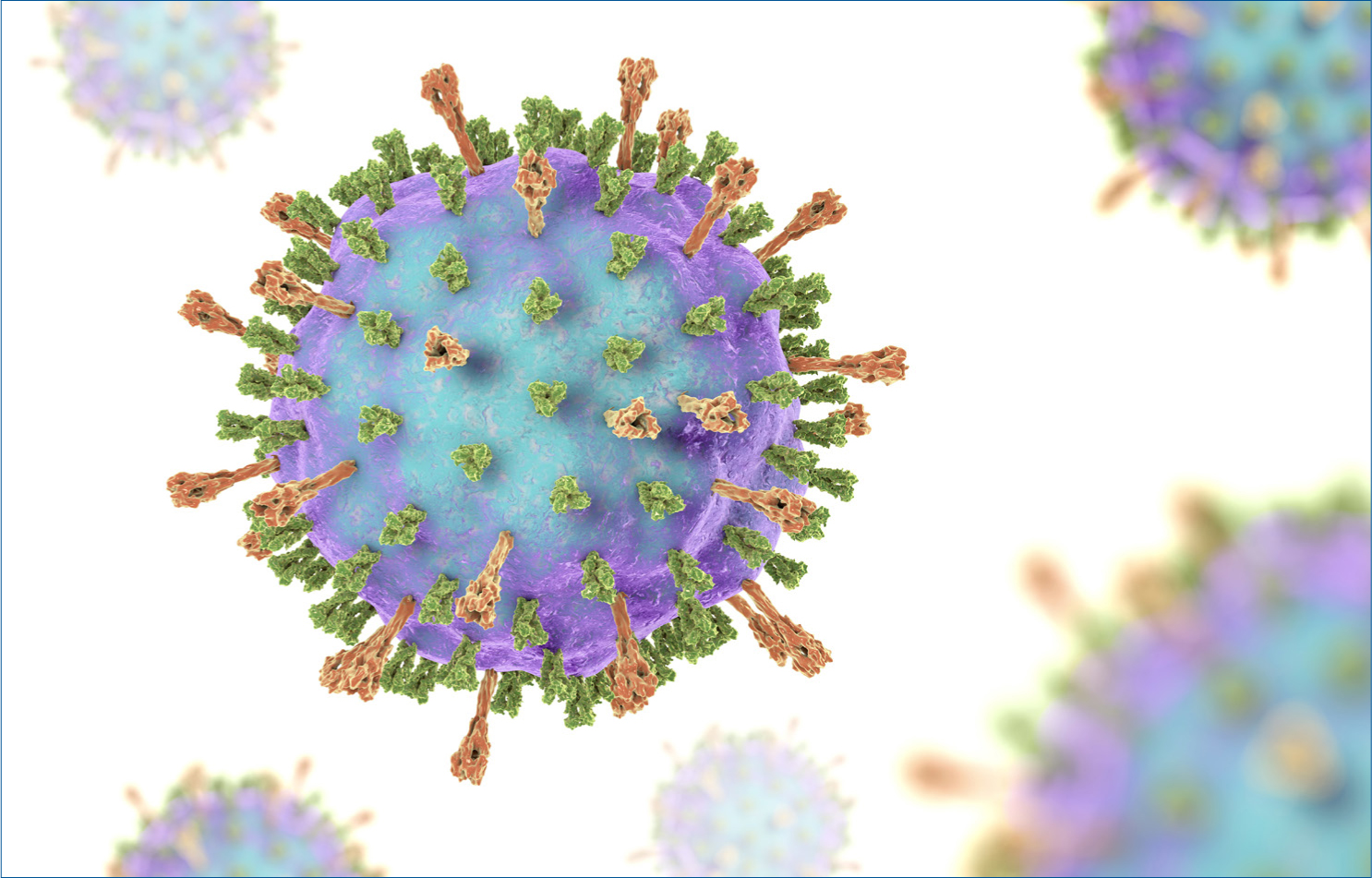Provisional data from Public Health England (PHE) show that there were 5 042 lab-confirmed cases of mumps in England in 2019, compared to 1 066 cases in 2018.
According to Public Health England, the steep rise in cases in 2019 has largely been driven by outbreaks in universities and colleges. Many of the cases in 2019 were seen in the so-called ‘Wakefield cohorts’—young adults born in the late nineties and early 2000s who missed out on the MMR vaccine.
This rise in cases looks set to continue this year as there were already 546 confirmed cases in January compared to 191 during the same period in 2019.
The viral infection is most recognisable by the painful swelling of the glands at the side of the face, giving a person with mumps a distinctive ‘hamster face’ appearance. Other symptoms include:
- Headaches
- Joint pain
- Fever, which may develop a few days before the swelling.
Dr Vanessa Saliba, consultant epidemiologist at Public Health England, said: ‘The best protection against mumps and its complications is to have 2 doses of the MMR vaccine. It's never too late to catch up.
‘We encourage all students and young people who may have missed out on their MMR vaccine in the past to contact their GP practice and get up to date as soon as possible.’
Matt Hancock, Health Secretary said: ‘The rise in mumps cases is alarming and yet another example of the long-term damage caused by anti-vax information.
‘Our vaccine strategy will soon be published outlining how we will increase uptake, limit the spread of vaccine misinformation and ensure every child receives two doses of their MMR vaccination. Anyone who is unsure whether they are fully covered should contact their GP.’

PHE and NHS England recently launched an MMR catch-up programme for children aged 10–11-years-old to ensure they are fully vaccinated if they missed out in childhood.


